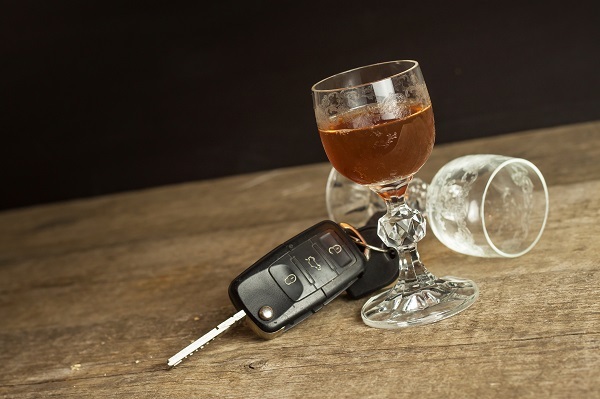“Drunk driving in North Carolina is a very serious offense, and even more so when drunk driving leads to the death of innocent people,” emphasizes the northeast-nc.legalexaminer.com. The state’s drug- and alcohol-related driving laws were overhauled in 1983 by NC’s Safe Roads Act, which nullified all of the state’s previous drug- and alcohol-related driving laws and put everything under a single offense: driving while impaired, or DWI.
In July, a 2e-year-old man in Charlotte, NC was charged in a fatal DWI crash, reported the While driving at top speed, allegedly drunk, the driver went off the road, hit a fence, a tree, and a telephone pole, and the car flipped onto its roof, killing the front seat passenger and seriously injuring the driver. He was charged with DWI, but could also be charged with felony death by vehicle, aggravated felony death by vehicle, or repeat felony death by vehicle under North Carolina law. If convicted, he could go to prison for 15 to 480 months in prison, reported dmv.org.
In a case of death caused by DWI, the victim’s family can bring a wrongful death lawsuit against the negligent party responsible for the death of a loved one.
Under NC law, the most common way law enforcement uses to determine whether a driver is legally impaired is by measuring your blood alcohol concentration (BAC). Drivers will be charged with DWI when their BAC is higher than 0.08 percent for drivers over 21 years of age, 0.04 percent for commercial drivers, and, for drivers younger than 21, any presence of alcohol concentration no matter how low the percentage. Your driving record and any DWI history will also affect your case and your unrestricted right to drive a vehicle.
In North Carolina, penalties for DWI vary according to your age and other factors. They may include:
- License suspension or revocation
- Mandatory jail time
- Community service
- Fines, court costs, and attorney fees
The NC DMV and state court system work with the state’s Division of Mental Health, Developmental Disabilities and Substance Abuse Services to make sure DWI offenders receive substance abuse assessment and complete any required steps, such as education courses like the state’s Alcohol and Drug Education Traffic School (ADETS) or treatment programs (dmv.org).
Richard Manger, principal of Manger Law Firm, has extensive experience in litigation and settlements, with a focus on personal injury and workers’ compensation law. We are proud of the strong relationships of loyalty and trust we develop with our clients. We go above and beyond to achieve the best possible outcome in your case. You can contact Richard Manger via email at ram@mangerlaw.com, or by calling (336) 882-2000.






